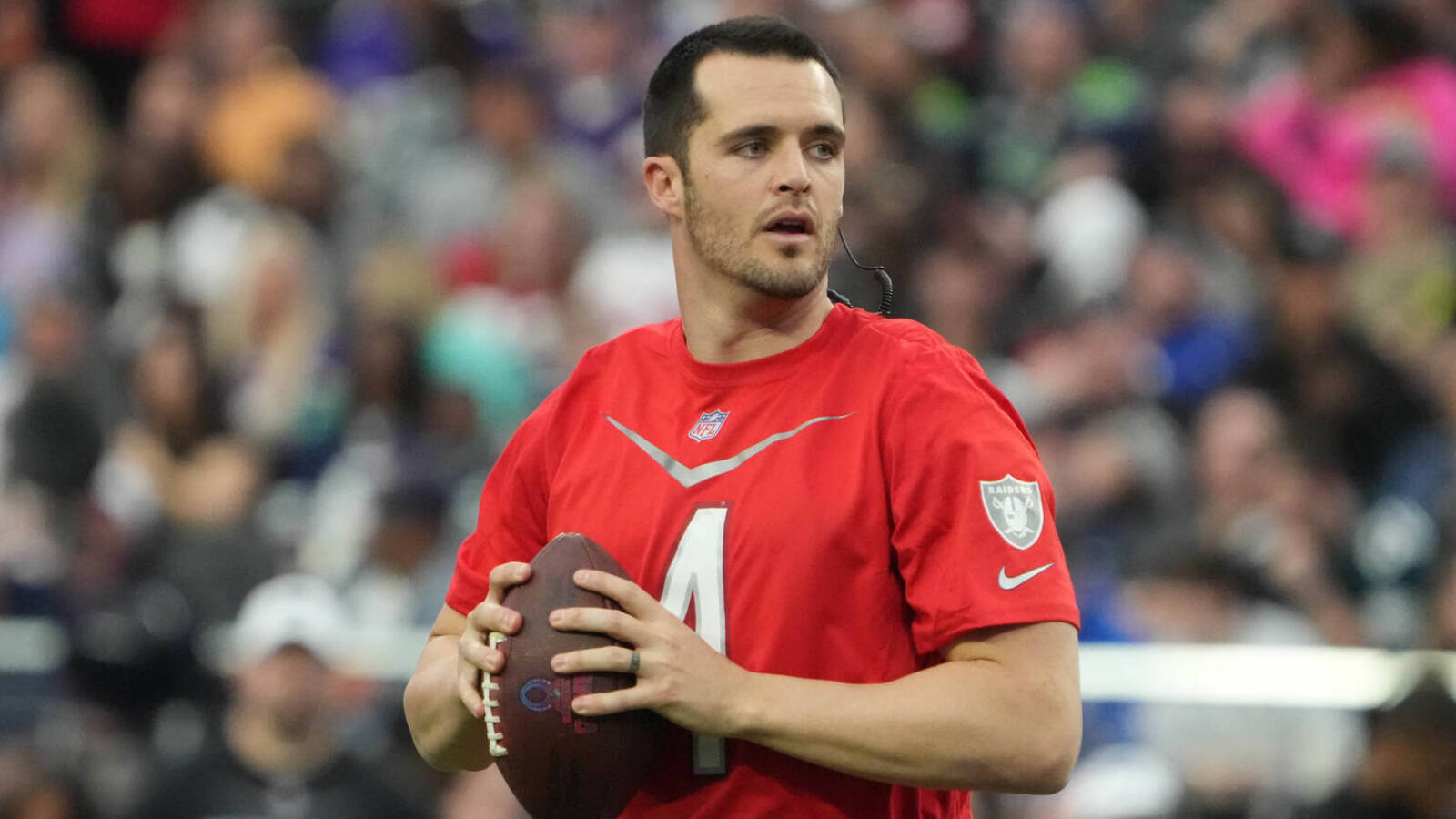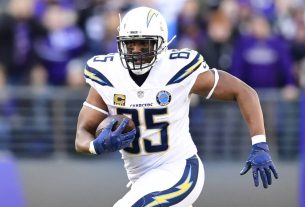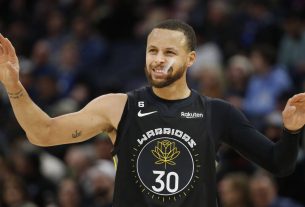The reasons for New Orleans’ pursuit of Carr were obvious. The Saints have a veteran team that’s seen diminishing returns the past two seasons. New Orleans went 9-8 in 2021 and 7-10 in 2022. The Saints missed the playoffs in both seasons.
An argument could be made that the organization should have begun a rebuild instead of gambling that an aging roster will revert to its 2017-20 NFC South title form. But that would have gone against the grain of how general manager Mickey Loomis has operated for the past decade-plus.
The Saints are perpetually in win-now mode, and Carr gives the team its best chance at winning the NFC South.
But Carr doesn’t come close to fixing all of the Saints’ ails. The interior of the offensive and defensive lines must be better in 2023. New Orleans also has questions at running back and defensive end.
New Orleans needs Carr to be the version of himself on display from 2018-21 instead of the one we saw last season.
From 2018-21, Carr completed 68.7% of his passes with 90 touchdowns and an interception rate of only 1.9%.
In 2022, Carr completed 60.8% of his attempts with an interception rate of 2.8%, the highest of his career.
Andy Dalton, New Orleans’ 2022 starter for the majority of the season, finished last year with a higher grade by Pro Football Focus and a higher Defense-adjusted Value Over Average (DVOA) than Carr, per Football Outsiders.
In DVOA, which measures a QB’s performance against a league-average opponent, Dalton ranked 13th, 6.6 percent better than the average QB. Carr was 2.1 percent better than average, 19th in the NFL.
PFF graded Dalton as the seventh-best QB (82.1) while Carr received the 27th-best grade (66.6) of 39 graded quarterbacks.
Despite finishing below Dalton in some key metrics, Carr has more upside.
The Saints got better Monday, but they still have work to do.
Even so, it’s hard to view Carr’s signing as anything but a win for New Orleans. The team filled a hole at the sport’s most important position.
Now it’s time to fill all the others.



